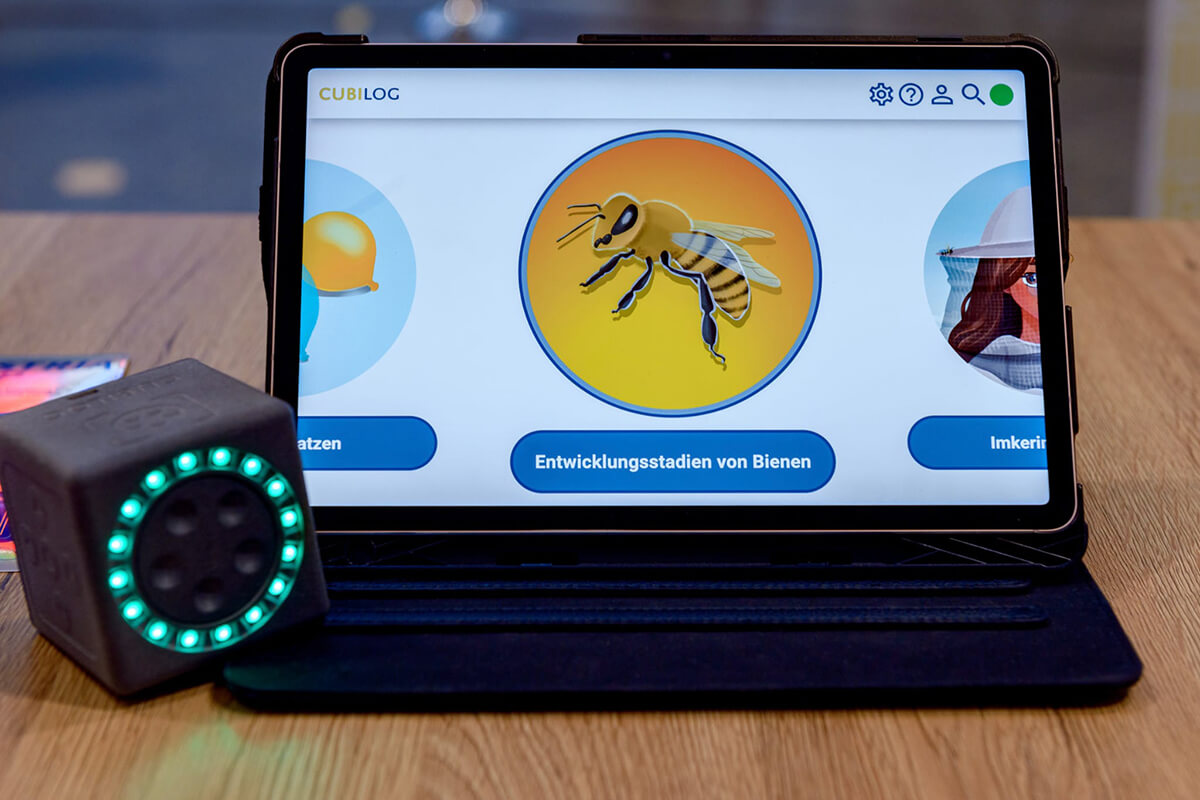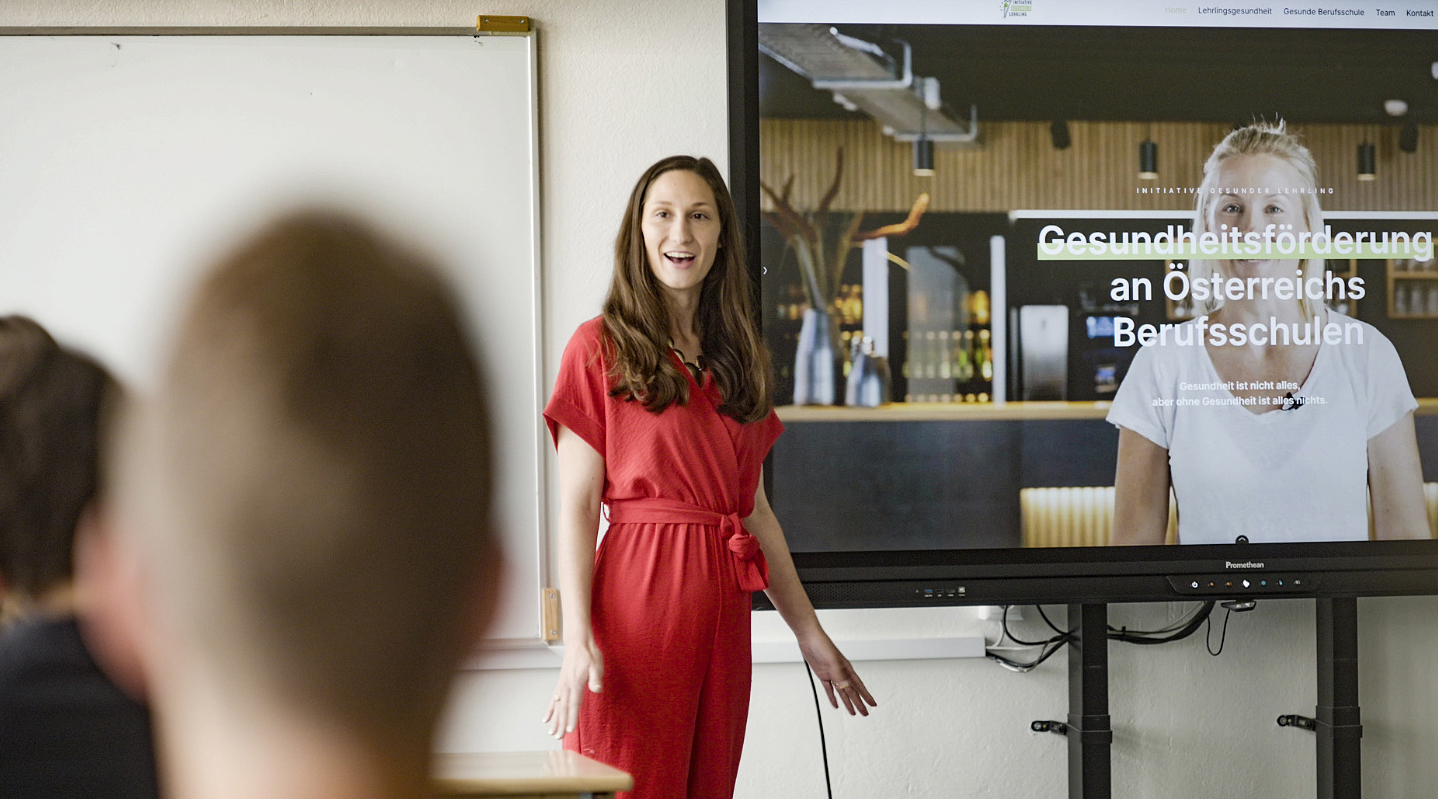Second UK-Austria EdTech Exchange: Digital Solutions for the New Normal
For the second time, Austrian and British EdTech players met in an online exchange to discuss innovative education solutions in times of the pandemic. “Both the UK and Austria benefit from this mutual exchange,” said Nerys Jones, Deputy Head of Mission at the British Embassy, who opened the event.
“From an Austrian perspective, Great Britain is an excellent role model,” emphasized Andrea Klambauer, member of the Government in the federal state of Salzburg. After all, the UK is home to over a thousand innovative EdTech companies. As of the end of the year, the UK EdTech market is moving towards a market size of around 3.4 trillion pounds. “Investments in EdTechs have increased by 91% from 2018 to 2019, and schools are also investing 900 million pounds in technology annually,” explained Nerys Jones.
EdTech is not a niche market
Covid-19 has massively accelerated investment in EdTechs, as Emerge Education‘s Mario Barosevcic pointed out in his talk. Governments, employers and consumers will spend over $70 trillion per year on education by 2025. EdTech will have grown by 16.3%, a 2.5-fold increase by 2025. This applies to secondary education as well as university education, but above all to corporate education and training. Companies that will be strongly affected by automation will have to invest massively in the further training of their employees. “If we continue at this pace in terms of training, upskilling and reskilling, there will be an $80 trillion global skills gap by 2030,” Barosevcic predicted.
Learning platforms in Covid times: hwb in Wales.
Covid-19 posed significant challenges to any education system. But there were governments that had some headstart, know Kevin Palmer, Deputy Director for Education in the Welsh Government, and Dan Sivak, founder of learning platforms thinqi and smart teaching. Take Wales, for example: because what teachers and students in Wales already had before the pandemic was password-secured access to hwb (pronounced hoob), a learning platform that already had a wide range of learning tools, quality content and learning materials, and provided secure access to moderated peer groups. “Wales was shooked, but we didn’t go totally off course because of our learning platform, hwb,” Sivak expressed relief.
What role edtech can play in equality
According to Severin Broucek, founder of Teach for Austria, there could be no talk of this headstart in Austria. He particularly emphasized the aspect of equal opportunities, because educational technologies can compensate here. Austria has the highest education spending per capita in an international comparison, but at the same time faces the problem of finding great inequality in the education system. “Beyond technical equipment, we must therefore address the question of how teachers get the know-how and time to help children close digital gaps,” Broucek emphasized.
That’s where eSquirrel is trying to come in. “Digital learning needs to be so much more than an eBook or a video,” said co-founder Michael Maurer. The app is a digital learning companion to the textbook or course book. eSquirrel is meant to be a lifelong learning buddy – from school to job onboarding. “We’re not waiting for tablet initiatives,” Maurer says, “we’re using whatever tech devices are available right now.” So learning with eSquirrel can happen offline, even on an old smartphone.
Where are universities headed?
Jonathan Nicholls, senior advisor to Future Learn, an Open University initiative in partnership with 23 leading U.K. universities, shares how Future Learn has helped universities open up education to all during the pandemic. Students don’t just want to “be online,” they want to experience education that combines good technology and good pedagogy. Nicholls talks about the combination of appropriate pedagogy and quality learning design that can turn inspirational lectures and digital learning materials into enrichment and, ultimately, the best education. A shift has happened – no university wants to go back to a pre-2020 situation.
Martin Weichbold, vice rector of the University of Salzburg, also confirms this. Now, he says, is the ideal time to think about the future of universities and to ask what learning and teaching can look like at universities in the future. It is a normative question, he said, not just a question of technical possibilities, and it needs the support of all stakeholders. The University of Salzburg has therefore decided to launch an Open Innovation Competition and publicly discuss the future of the university.
One solution that universities should offer in the future is proposed by Lukas Ott from Quinn. Quinn is an app that evaluates workload and thus measures the actual effort students need to complete a course. Quinn aims to encourage universities to become more student-focused, especially in terms of transparency and openness.
About 90 participants attended the event. The online event was hosted by the British Embassy in Vienna, the British Department of Trade and Industry, EdTech Austria and Advantage Austria, the foreign trade organization of the Austrian Federal Economic Chamber. Sophie Bailey, founder of the EdTech Podcast, moderated.
More articles
The following articles might also interest you.

EdTech Austria Fellowship
24. October 2024

Lifelong Learning in Transition: Opportunities and Challenges of AI
17. January 2025

Motor and digital: Cubilog reimagines language development
16. December 2024

“Healthy Apprentice”: Health Literacy for Vocational Schools
28. November 2024

Good Days, Bad Days: “Upstrive” Captures Mental Health
15. November 2024
